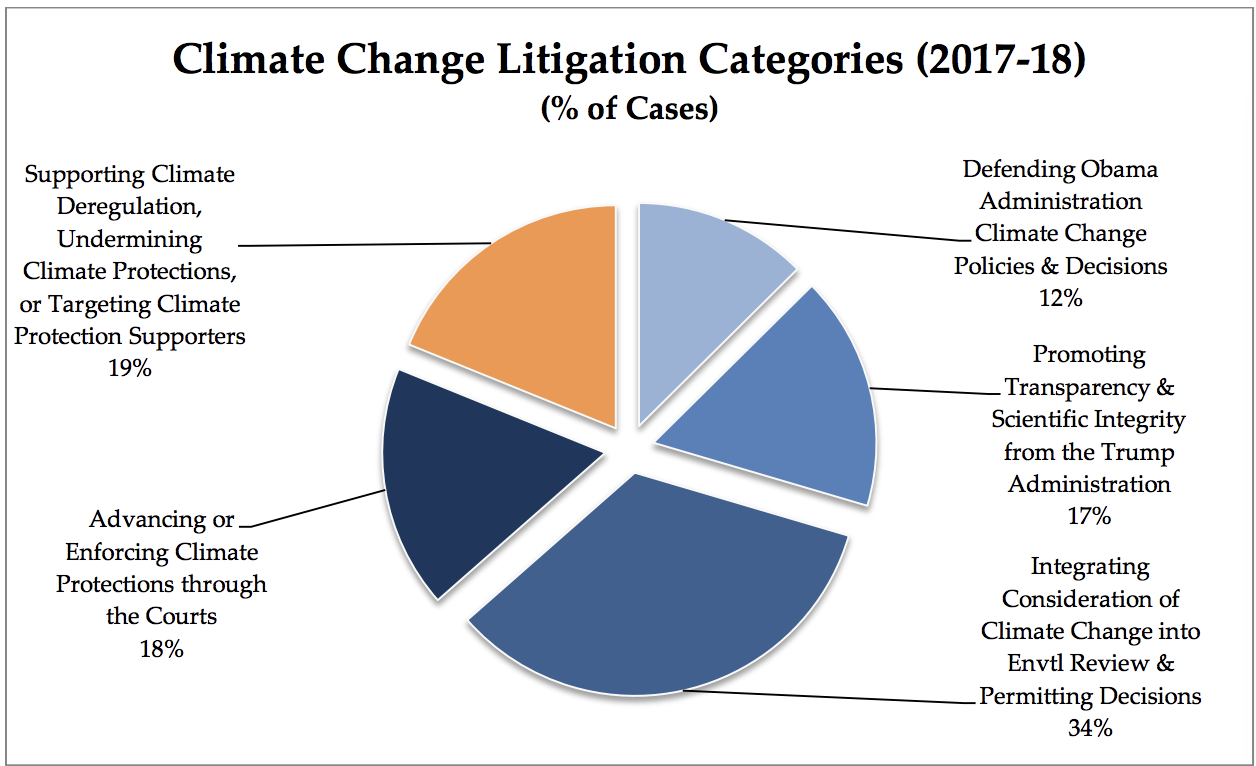There has been much talk in recent days about government control of information, particularly information relating to climate change. On Tuesday, the Los Angeles Times reported that the Trump Administration had instructed officials at the Environmental Protection Agency (“EPA”) not to post on social media, or speak to journalists. This was followed by a report by Reuters on Wednesday, accusing the Administration of ordering EPA to remove the climate change page from its website. A member of the Trump transition team, Doug Erickson, later confirmed that “editorial” parts of EPA’s website are under review but suggested that not all climate change data would be removed. He did, however, indicate that scientific research on climate change would be subject to review prior to publication to ensure “that the voice coming from the EPA is one that’s going to reflect the new administration.”
These events have heightened concerns, both within and outside EPA, about scientific integrity at the agency. As has been widely reported in the media, administration review of scientific research may violate EPA’s Scientific Integrity Policy (“Policy”) which requires the agency’s work to be “of the highest quality, free from political interference.” But, there is much more to scientific integrity than that. Equally important is transparency. This was recognized back in 1983 by then EPA Administrator William Ruckelshaus, an appointee of President Reagan, who declared that the agency must operate “in a fishbowl” and “communicate with everyone from environmentalists to those we regulate . . . as openly as possible.” Achieving this goal in the 21st century requires the posting of information on web pages and social media. That information must, by law, be accurate and unbiased.
The Information Quality Act of 2000 (“IQA”) aims to ensure the quality of information disseminated to the public by federal agencies. It requires the Office of Management and Budget (“OMB”) to issue guidelines, outlining procedures to be followed by federal agencies in ensuring information quality. The required guidelines were issued by OMB in September 2001. The OMB guidelines apply to all executive departments and independent regulatory agencies, including EPA, and require each to adopt its own information quality guidelines based on those of OMB. The EPA adopted its guidelines in October 2002.
The OMB guidelines require EPA and other agencies to develop procedures for reviewing and substantiating the quality of information before it is disseminated. Under the guidelines, “information” is defined broadly to mean “any communication or representation of knowledge,” including material that an agency disseminates through its website. The guidelines require all information on agency websites to “meet a basic level of quality.” In this context, the term “quality” encompasses three related principles:
- utility, which requires information to be useful to its intended users, including the public;
- integrity, which requires information to be secure and protected from unauthorized access or revision; and
- objectivity, which requires information to be presented in an accurate, clear, complete, and unbiased manner and to be, as a matter of substance, accurate, reliable, and unbiased.
This last requirement is especially important for the ongoing review of EPA’s climate change web page and would arguably prevent that page being changed to suggest a lack of scientific consensus around climate change. The OMB has stated that “objectivity” requires “information [to be] presented within a proper context. Sometimes, in disseminating certain types of information to the public, other information must also be disseminated in order to ensure an accurate, clear, complete, and unbiased presentation.” So, for example, if EPA published information disputing anthropogenic climate change, it would have to make clear that there is broad scientific agreement on the existence and causes of climate change. If it didn’t, its presentation would arguably be biased, and not objective.
The requirement that information be “objective” also has implications for the publication of scientific research by EPA. The OMB guidelines indicate that, to satisfy the requirement, agencies publishing scientific studies must disclose the underlying data and models. Additional disclosures around the source of data used and assumptions employed – sufficient to facilitate reproduction of the study – are required for influential scientific information. Information is considered “influential” if it has, or will have, a clear and substantial impact on important public policies. Climate change information clearly falls within this category as it has a direct bearing on numerous policy decisions with respect to fossil fuel extraction, power generation, and other activities. It should, therefore, be subject to a higher degree of objectivity than other data.
This and other principles in the OMB guidelines have long been followed by EPA. In its own information quality guidelines, EPA committed to ensuring the utility, integrity, and objectivity of information, as required by the IQA and OMB guidelines. We must all remain vigilant to ensure that EPA continues to fulfill these requirements over the next four years. If disseminated information does not comply with the requirements, individuals may request corrections through EPA’s Office of Environmental Information. This will be important to maximize transparency and ensure scientific integrity at EPA. Without these, EPA will be unable to fulfill its goal of guaranteeing “all parts of society – communities, individuals, businesses, and state, local and tribal governments – have access to accurate information sufficient to effectively participate in managing human health and environmental risks.”





